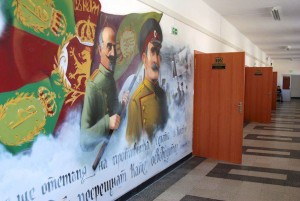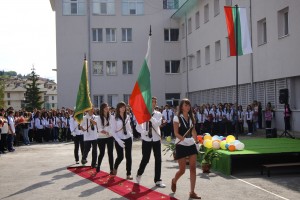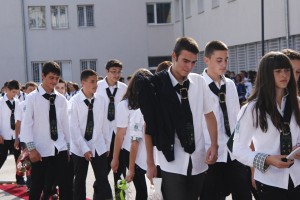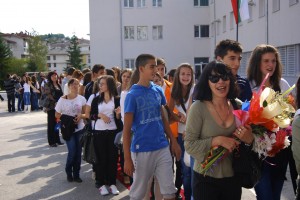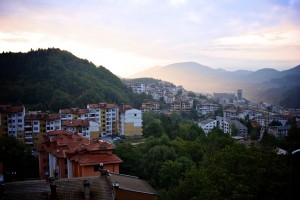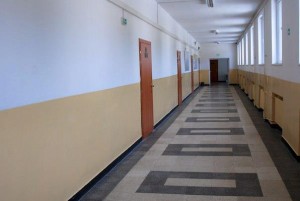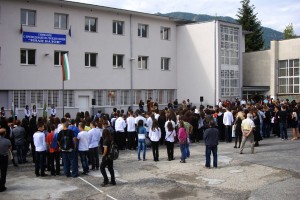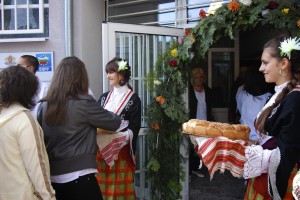This summer I worked at The Quad Manhattan, where I interned as a teaching assistant for seven weeks. The Quad’s mission is to teach social thinking skills through an interactive summer camp. The founder of the Quad noticed that students on the autism spectrum were attending schools that were failing them. Often, the parents of children on the spectrum chose academic needs over an equally important need—emotional support and social development. Choosing one over the other resulted in stalled education and worsening social and emotional well-being.
Specifically, I gained important skills adapted from Ross Greene’s Lost at School and Michelle Garcia Winner’s social-thinking models that will stay with me throughout my career in psychology and education. At The Quad, we focused on using collaborative problem solving with the kids to get to the root of their frustrations, anxiety, and disruptive behavior. The model was based on the idea that we will help children brainstorm their own solutions and strategies for dealing with their behaviors and feelings.ed my summer to learning the interventions used to engage students with social learning skills and challenge students to further develop their exceptional gifts and talents.
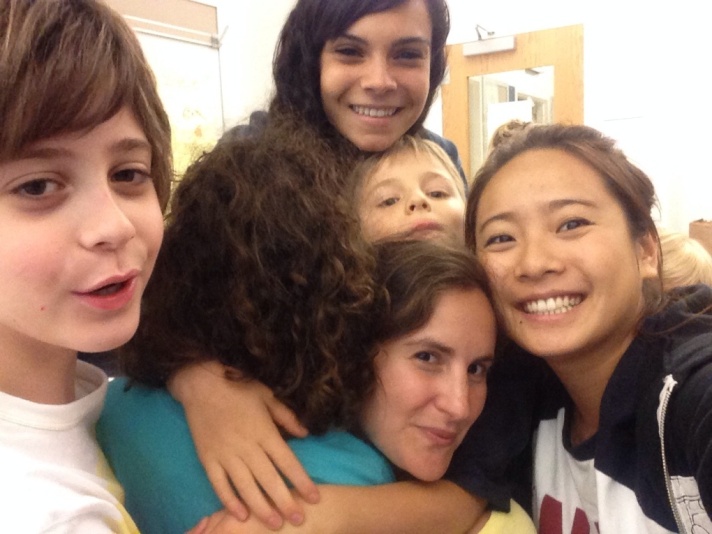
For example, one of my students who we will call “C,” was having a lot of trouble focusing in class and couldn’t keep his body in the group during acting/improvisation class. He often left the group abruptly and started making disruptive sounds to irritate the classmates. The original “me” would have assumed that C was bored and wanted to stir some trouble. However, with the new collaborative problem solving model that was introduced to us, I was able to use empathy, define the problem, and brainstorm a solution with the child to get to the root of his defiance. I found out that C felt good whenever he was able to make his classmates laugh in class, and thought the only way to do this was to make profane sounds and be funny. He also felt insecure that his classmates did not like him, so the pressure to make others laugh and join him in with his defiant behaviors was even greater. We problem solved this by coming up with ideas to make his classmates laugh in other ways, such as telling appropriate jokes, or telling a funny story. This worked effectively and the defiant behaviors subsided significantly.
After this summer, I developed a solidified view of what I like about hands-on clinical psychology versus research-based psychology. I definitely feel more confident working with kids in a clinical setting by building lasting relationships through therapy. Because of my internship, I am more inclined to focus on clinical psychology in graduate school. In the fall when I return to Scripps, I am excited to grow my skills and training into a thesis topic that is specific to Autism Spectrum Disorder. I have begun brainstorming topics and perspectives that will be both imaginative and valuable to the existing research. One topic that I considered diving deeper into is the psychology of the siblings of children with ADHD and/or Autism Spectrum Disorder.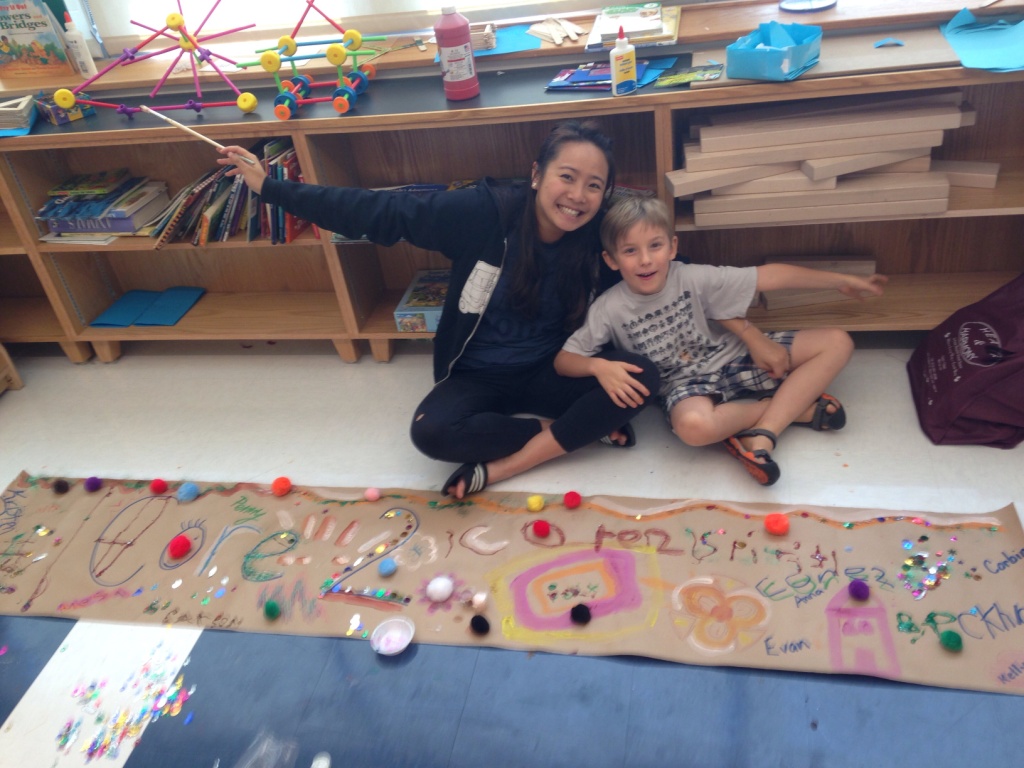
All in all, I had a fantastic summer, and this would not have happened without the generous Internship Grant I received. I am so grateful for this summer and I cannot wait to begin graduate school and my career after college!
Editor’s Note: This guest blogger was a 2014 Scripps College Internship Grant recipient. To learn more about the 2015 Internship Grant process, click here. Deadline Feb. 5.

